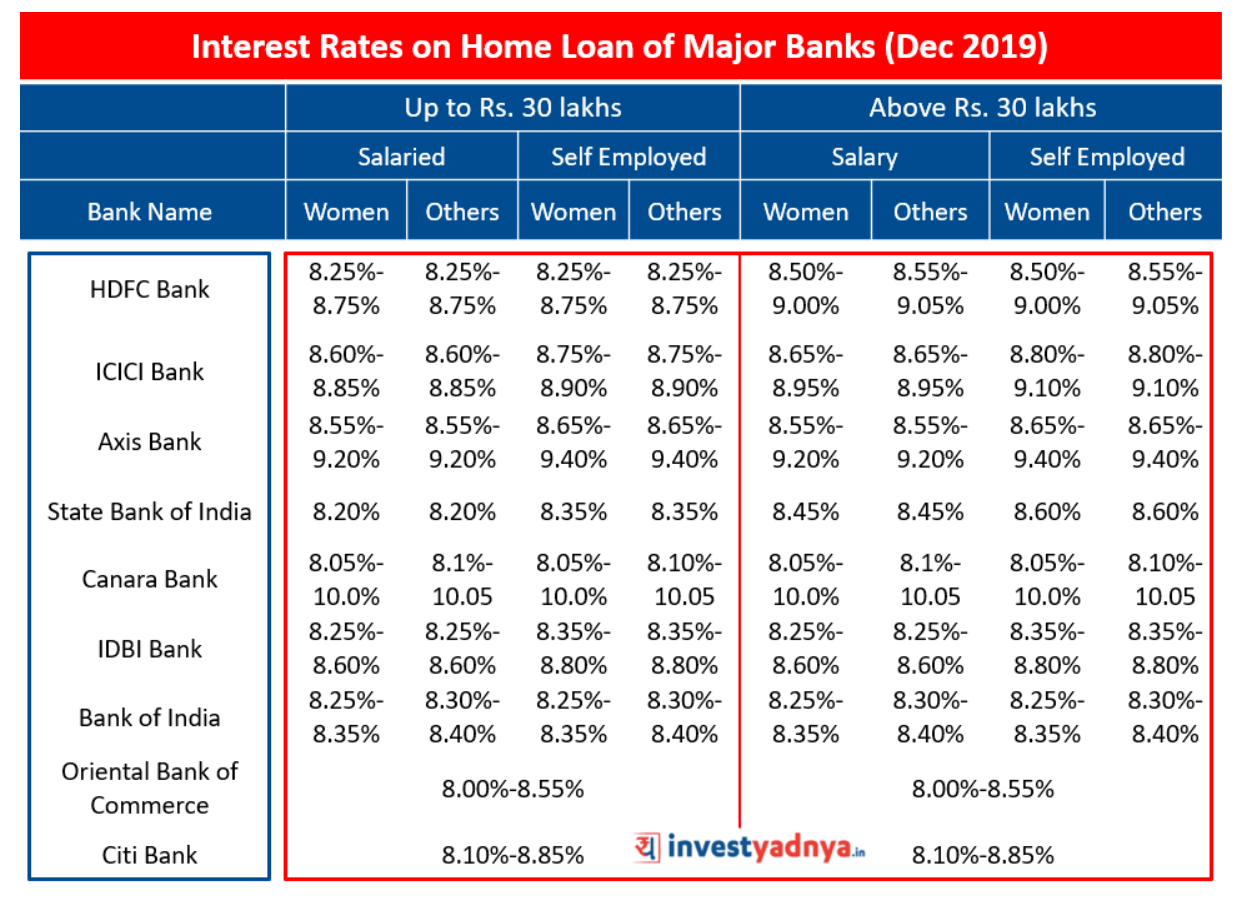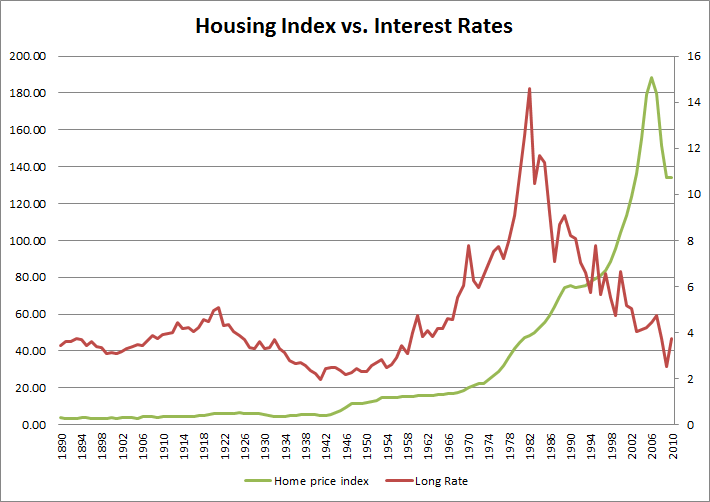Table Of Content

Among other things, you'll go through underwriting, and the lender will get an appraisal. In most instances, this isn't a big deal; it's not like you're waiting to move. But if you were, say, looking to get money from a cash-out refinance to fix something urgent, a refi may not be your best bet.
How to get the best 30-year mortgage rate
So far, inflation has slowed significantly, but it's still a bit above the Fed's 2% target rate. While these penalties aren’t common, some lenders may charge them if you close the loan within the first three to five years of a mortgage. With a cash-out refinance, you take out a new mortgage for more than your current loan balance. You receive the difference between the two amounts in cash, which you can use as you like. A cash-out refinance can be risky because you're getting a larger loan with your home as collateral, so it's generally considered safest to use the proceeds for something that improves your bottom line. For example, a major renovation could add to your home's value.
How to get the best mortgage rate

Use the loan amount printed on your preapproval letter as a guide for your house-hunting journey, but avoid borrowing the maximum. Our mortgage calculator can help you determine whether your mortgage payment leaves enough room in your budget to comfortably cover your other monthly bills. If you’re interested in taking out a mortgage, Channel’s advice is to focus on what you can afford in the current market. It’s impossible to time the market but, ultimately, if you take on a mortgage with affordable payments, you can succeed in any market.
Mortgage rates top 7% — is this a good time to buy a house? - Yahoo Finance
Mortgage rates top 7% — is this a good time to buy a house?.
Posted: Thu, 18 Apr 2024 07:00:00 GMT [source]
Compare current mortgage rates for today
Before you apply for a mortgage refinance, check your credit score and get a copy of your credit report. However, the total amount of interest you pay on a 15‑year fixed-rate loan will be significantly lower than what you’d pay with a 30‑year fixed-rate mortgage. The average rate for a 15-year, fixed mortgage is 6.76%, which is an increase of 12 basis points from seven days ago. Mortgage rates change daily, but average rates have been moving between 6.5% and 7.5% since late last fall. Today’s homebuyers have less room in their budget to afford the cost of a home due to elevated mortgage rates and steep home prices. Limited housing inventory and low wage growth are also contributing to the affordability crisis and keeping mortgage demand down.

Bankrate follows a stricteditorial policy, so you can trust that our content is honest and accurate. Our award-winning editors and reporters create honest and accurate content to help you make the right financial decisions. The content created by our editorial staff is objective, factual, and not influenced by our advertisers.
How do you get the best mortgage refinance rate?
While mortgage rates change daily, it’s unlikely we’ll see rates back at 3 percent anytime soon. If you’re shopping for a mortgage now, it might be wise to lock your rate when you find an affordable loan. If your house-hunt is taking longer than anticipated, revisit your budget so you’ll know exactly how much house you can afford at prevailing market rates.
To protect your credit, make all your applications within a two-week window. When you apply for a loan (or pre-approval), the lender does a hard credit check or hard inquiry. Hard inquiries can take points off your credit score, but there's a way to shop around for a mortgage without harming your credit.
Weekly national mortgage interest rate trends
Be sure to ask your lender about the consequences of not closing within the timeframe specified in a rate lock agreement and also about what could happen if rates fall after you lock in a rate. In the current environment, ARMs might be more affordable than those with fixed rates. The gap that has jumped open between these two lines has created a nationwide lock-in effect — paralyzing people in homes they may wish to leave — on a scale not seen in decades. For homeowners not looking to move anytime soon, the low rates they secured during the pandemic will benefit them for years to come. But for many others, those rates have become a complication, disrupting both household decisions and the housing market as a whole. Rates on new home loans now far surpass rates locked in by Americans with existing mortgages.
When should you refinance your mortgage?
At the current average rate, you'll pay $685.57 per month in principal and interest for every $100,000 you borrow. The average 15-year fixed-mortgage rate is 6.74 percent, up 20 basis points over the last week. At the current average rate, you'll pay a combined $684.89 per month in principal and interest for every $100,000 you borrow. Some forecasters are backing off from the earlier expectation of lower mortgage rates this year. Fixed mortgage rates follow the 10-year Treasury yield, which moves as investor appetite fluctuates with the state of the economy, inflation and Federal Reserve decisions.
Going with the lowest rate might seem smart, given how much interest you pay over the life of a mortgage. But getting the right mortgage for your situation is also important. We focus first on understanding you and your goals, not just your finances. Writers and editors and produce editorial content with the objective to provide accurate and unbiased information. A separate team is responsible for placing paid links and advertisements, creating a firewall between our affiliate partners and our editorial team. Our editorial team does not receive direct compensation from advertisers.
Then choose a lender, finalize your details, and lock in your rate. Searching for an account where you can put some money aside? Here’s a look at some of the best savings rates you can find today. Rates on savings accounts are the same compared to one week ago.
A lower interest rate could also save you a considerable amount of cash over the life of the loan. With fixed‑rate mortgages, the interest rate remains the same for the entire term of the loan. With an adjustable-rate mortgage (ARM), the interest rate may change periodically during the life of the loan. You may get a lower interest rate for the initial portion of the loan term, but your monthly payment may fluctuate as the result of any interest rate changes. These rates, APRs, monthly payments and points are current as of !
Mortgage closing costs usually range anywhere from 2% to 6% of your total home loan amount. The cost can vary depending on many factors, including your lender and how much you’re borrowing. It’s possible to get the seller or lender to pay a portion or all of these costs. A teaser rate is a lower initial rate offered on a mortgage loan for a set time period before the actual fixed mortgage rate goes into effect.
Adjust the graph below to see 30-year mortgage rate trends tailored to your loan program, credit score, down payment and location. Further, making a minimum down payment of 20% on conventional mortgages can help you automatically waive private mortgage insurance premiums, which increases your borrowing costs. Buying discount points or lender credits can also reduce your interest rate. Conventional home loans are issued by private lenders and typically require good or excellent credit and a minimum 20% down payment to get the best rates.

No comments:
Post a Comment